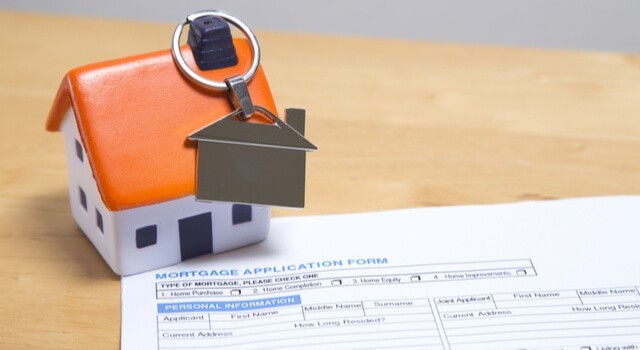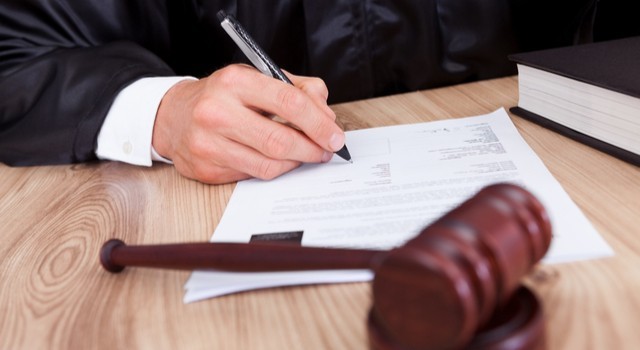When can they enter your home?
If they have an ‘exceptional attachment order,’ they can enter your home and seize non-exempt possessions from inside your house. If you are not there, someone else must be present who is over the age of 16 and understands what is happening.
Again, you will find that many of the goods inside your home are exempt. In order for the exceptional attachment order to be valid, you must have received a Debt Advice and Information Package from your creditor, who must also have a ‘charge for payment’ for the debt(s) in question. A charge for payment is a formal demand.
Sheriff officers are not allowed to carry out the exceptional attachment order apart from between the hours of 8am and 8pm, and not at all on a Sunday or a Bank Holiday. They don’t normally notify you when they will be calling unless they are in possession of an exceptional attachment order.
Can a sheriff officer visit my business premises?
Unless part of your business premises is also used for residential purposes, sheriff officers can force entry with a view to seizing goods for re-sale. They will identify items to at least the value of the debt (the extra is to cover their own expenses), and these might include your computer and peripheral equipment such as a printer or scanner, raw materials or other stock.
The type of debt being collected also influences which items a sheriff officer can take. You must not remove or damage any goods which have been earmarked for seizure if they remain at your business premises, as this would be seen as contempt of court.
As far as personal possessions are concerned, essential items needed for daily life should not be seized. If the sheriff officer attempts to attach an item that they believe is non-essential, but you consider essential to your daily life, you can argue a your case for it to remain.
What are your rights when faced with a bailiff visit in Scotland?
- If the sheriff officer breaks a lock or window which subsequently needs to be replaced, the creditor might pass on the cost of replacement and repair to you.
- At any stage, you can make arrangements to pay the sheriff officer part or all of the debt.
- You have the right to ask for identification from the bailiff, and they are obliged to show you their ID if you request to see it. They should have a booklet carrying the Scottish court service crest, with photo ID inside.
- You can make a formal complaint against a sheriff officer by writing to the Sheriff Principal if you feel that their behaviour has been unreasonable.
Scotland Debt Solutions can negotiate with your creditors, and offer professional debt advice to support you from offices throughout Scotland.





